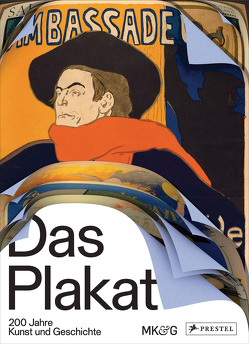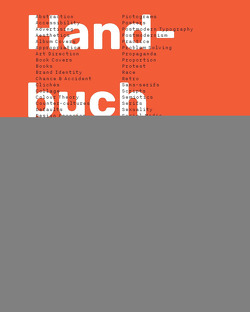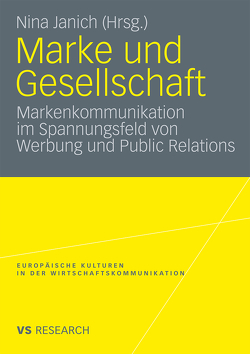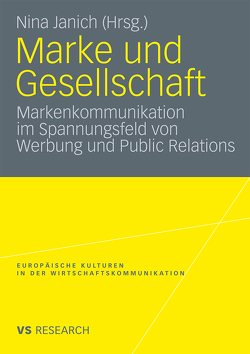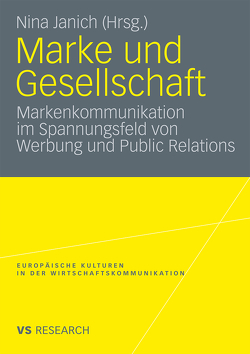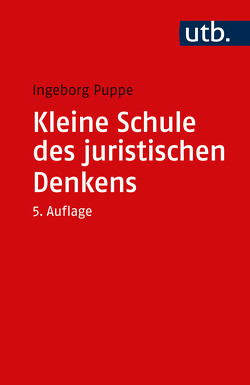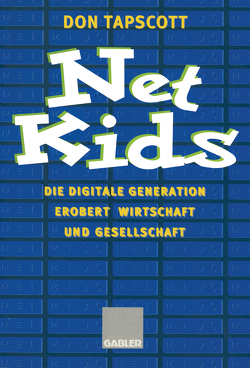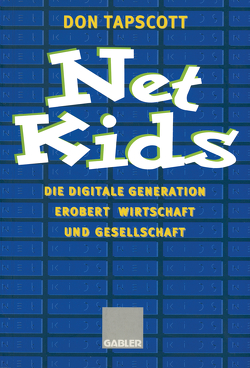Die Münchner „Sechs“ und das moderne künstlerische Plakat
Wolfgang Urbanczik
Das moderne künstlerische Plakat ist ein Kind der Großstadt und der radikalen sozioökonomischen Umbrüche des 19. Jahrhunderts. Seine Prinzipien und Modi wirken in den Bereichen von Werbung und Kunst und bestimmen das Zeitgespräch der Gesellschaft. Verdichtet sind die zentralen Problemfelder und Themen der modernen Plakatkunst in der historischen Unternehmung „Die Sechs“, einer Mischung aus Künstlervereinigung und Agentur, die 1913 in München entstand. Angesiedelt im Zwischenbereich von Kunst und Kommerz beleuchtet ihre Geschichte sowohl den besonderen Rang des Plakats als auch den grundsätzlichen Konflikt zwischen autonomer und zweckgebundener Gestaltung.
Die reich bebilderte Publikation stellt erstmals die Münchner „Sechs“ umfassend vor. Dem Grenzgängertum des modernen künstlerischen Plakats und der historischen Spanne des Gruppengeschehens von der Vorkriegszeit bis in die Epoche der Weimarer Republik entspricht dabei eine Methodologie, die die visuelle Forschung zum Grafikdesign mit Fragestellungen der Kunst- und Künstlergeschichte verknüpft. Das Resultat ist die facettenreiche Darstellung eines ebenso ungewöhnlichen wie charakteristischen Zeitphänomens von unverminderter Aktualität.****************The modern artistic placard is a child of the metropolis and of the radical socio-economic upheavals of the 19th century. Its principles and modes have their effect in the spheres of advertising and art and set the tone for the social discourse of the day. The central problem areas and themes of modern placard art are contained in the historical enterprise of “The Six”, a combination of artists’ association and agency created in Munich in 1913. Embedded in the space between art and commerce, its history illustrates both the particular status of the placard and the fundamental conflict between autonomous design and design for a specific purpose.
This richly-illustrated publication offers the first comprehensive introduction to the Munich “Six”. The genre-crossing nature of the modern artistic placard and the historical span of the group’s activities from the pre-war period into the Weimar Republic corresponds to a methodology that connects visual research into graphic design with issues around the history of art and artists. The result is the most multifaceted depiction of a phenomenon of the time which was both unusual and characteristic, and which is still relevant today.
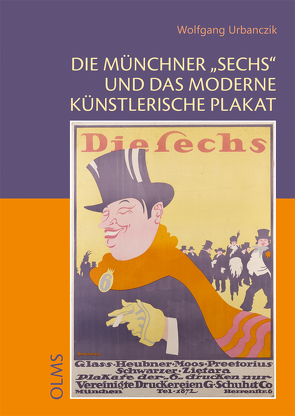
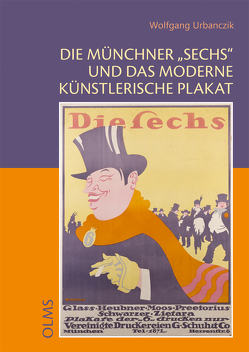
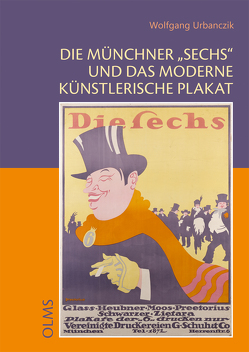
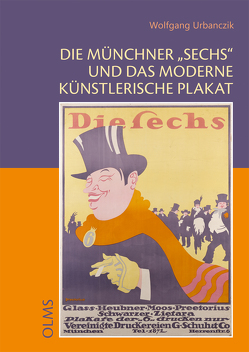
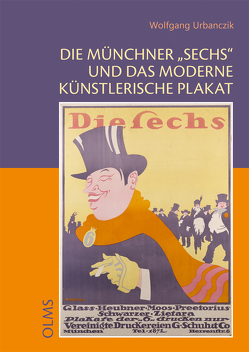
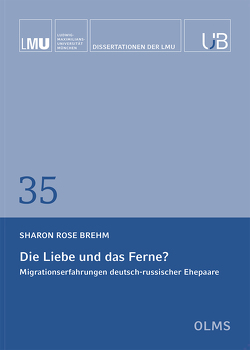
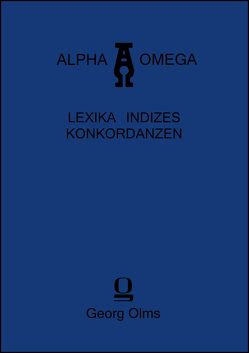
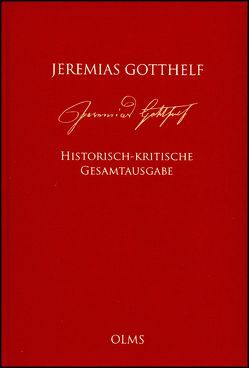
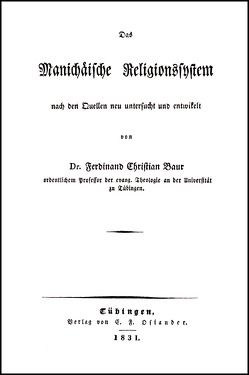
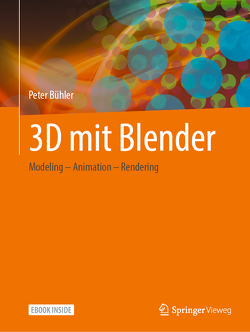
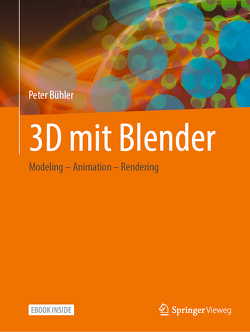


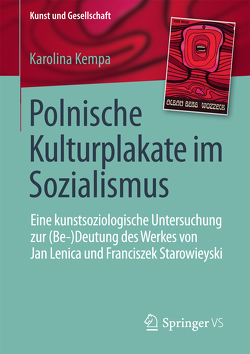
![Joseph Beuys: Plakate. Posters [dt./engl.] von Osten, Claus von der, Spiegelberger, Rene S. Joseph Beuys: Plakate. Posters [dt./engl.] von Osten, Claus von der, Spiegelberger, Rene S.](https://buch-findr.de/media/joseph-beuys-plakate-posters-dt-engl-osten-claus-von-der-spiegelberger-rene-s-hardcover-4_9783791387000_250.jpg)
